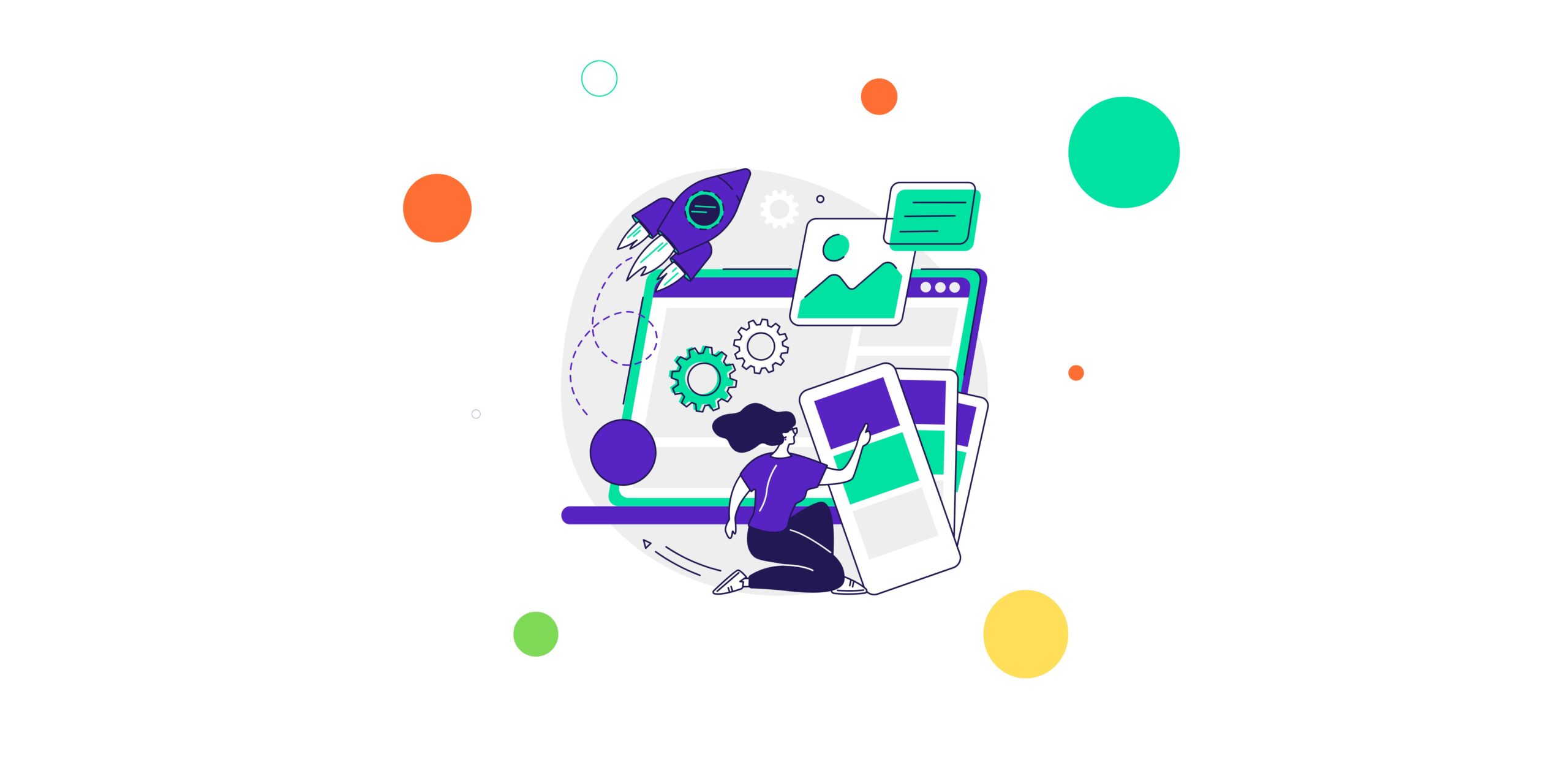User experience (UX) is a crucial element for the success of any website, application, or digital product. To create effective and user-friendly solutions, it’s essential to understand user behavior psychology. In this article, we’ll explore the main aspects of UX psychology and its significance for designers and web developers.

UX psychology – what is it?
UX psychology is an interdisciplinary field that examines users’ behaviors, needs, expectations, and emotions during their interactions with digital products. The goal is to understand why users make specific decisions, what their preferences are, and how they react to various elements of the user interface.
Key aspects of UX psychology
First impressions
First impressions are crucial. Users evaluate a website within seconds of opening it. Designers must focus on aesthetics, readability, and consistency to encourage users to explore further.
Clarity
Clarity and ease of navigation are essential for user satisfaction. Understanding where to find the desired information is of great importance.
Engagement level
To keep users engaged, designers must create content and features that emotionally and intellectually involve them. Incorporating interactions, storytelling, and interactive elements can enhance engagement.
Color and design
Color schemes and design influence a user’s mood. Different colors and styles can evoke various emotions. It’s crucial to tailor them to the website’s goals and character.
Text readability
Text on a website should be clear and understandable. Choosing the right font, size, and contrast is crucial for comfortable reading.
Page loading speed
Long loading times can deter users. Websites should be optimized for fast loading, especially on mobile devices.
Brand consistency
Brand consistency helps users identify with a product. Visual and language consistency across all pages and interactions is essential.
Why is UX psychology important?
Understanding user psychology is essential for several reasons:
- Increases user satisfaction. Creating intuitive and enjoyable products enhances user satisfaction, leading to increased loyalty.
- Improves conversions. A good user experience can impact conversion rates, such as the number of registrations or purchases.
- Minimizes errors and bounce rates. Understanding user behavior allows for the reduction of errors and bounce rates.
- Enhances collaboration. Understanding user psychology is key to creating products that meet their needs and expectations.
In summary
UX psychology is a vital field for web designers and developers. Understanding why users make specific decisions and what their preferences are helps create solutions that meet their expectations. It’s worth investing time and effort in user research and testing to develop attractive and useful solutions for end users.
Let’s Build Something Great
Ready to discuss your project or potential partnership?

